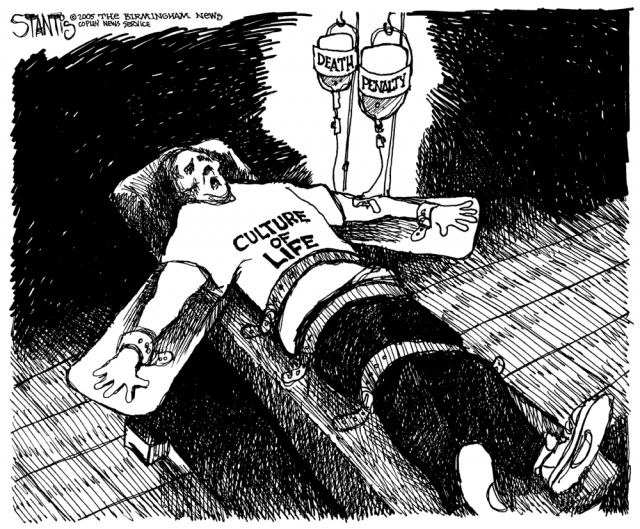What I learned during the quarter is more of the details of the Anthropocene and the aspects of death as a big concept to politics, society, and the future. I have learned more about the idea of death and realized how society utilizes death and immorality as a personal gain and a political gain. For example, the food and the laws on death and immortality projects. The one that I learned the most is how the concept of ecology and the earth is dying due to the innovations of humans. How everything we do has a feedback loop of systems. And the hardest lesson from this class that I learned is to accept our death and the earth is dying. Beforehand, I always thought death and the end of everything shrugged off negative things as “oh, we are changing for the better.” But that whole concept was not the truth, and I faced it. Besides cultural differences or religious differences, we are dying, and the earth is dying. As for the project itself, I learned that having your trauma can overshadow the more considerable collective trauma but adversely affects individuals. Therefore, many conflicts within our personal lives can intertwine with more significant aspects with people like climate change or covid.
What I gave in my action projects was my experience with trauma and relating it to collective trauma and the aspects of factors that can connect to a collective trauma like racial injustice and personal hardships related to trauma. As for the class, I will be honest and say that I wish I gave frank discussions, but the topic of death in this class hits home to me because I lost someone this year, so in a way, it was terrible timing. But I tried my best to participate in the zoom chat discussions on my thoughts and experiences.
How does this whole experience relate to ecology, death, and the Anthropocene? The class helped me connect with my death and others, the realization of the immortality project discussions. Those discussions made my peace with death instead of fearing the concept and the afterlife due to religious constraints.
I can take away from this class because I accepted Anthropocene and death. It was a challenging course for me with the readings and the discussion, but I realize this was a great class to learn from and change perspectives.








